The Implementation of Project-Based Learning Model through ORAI in Recount Material to Enhance English Speaking Skill
Abstract
The study objectives are to recognize the application of Project-based Learning (PBL) and utilization of ORAI, which can develop student’s speaking skills and immensity of the progress in recount text for tenth grade in science class 1 at MAN Sukoharjo. The students were in the second semester in Academic Year 2018/2019. More than 40 % students of tenth grade in science class 1 at MAN Sukoharjo encountered obstacles in English learning, especially in conveying recount. The data collection techniques in this research were document collection, observation, interview, and test. The data validity of this study used the triangulation method, which means that there were more techniques and observations of treatment in collecting the data. The finding reveals that the application of PBL and utilization of ORAI can improve student’s speaking skills especially in conveying recount. The average of students’ scores is found to be significantly different from each cycle. The pre-treatment average score is 69.33, the first cycle score is 72.66, and the second cycle score is 77.33. It means that almost all students can reach KKM (minimum completeness criteria). In conclusion, PBL and ORAI can be applied to enhance students’ speaking skills.
References
Krajick, Joseph S. Blumenfeld, Phyllis C. (2000). Hand book of learning science. Chapter 19 Project Based Learning. Cambridge University press.
Malkova, Irania Yu, Kiselyova, Polina V. (2014). Development of Personal Competence in Project- Based Learning in EFL Classroom. ScienceDirect. Social and Behavioral Science 154 p. 254-258. National research Tomsk State University.
Munadi, Yudhi. (2008). Media Pembelajaran: Sebuah Pendekatan Baru. Jakarta: Gaung Persada Press.
Nazara, Situjuh. (2011). Student’s Perception on EFL Speaking skill Development. Journal of English Teaching Vol 1. Number .1 2011 ISSN: 20809628.
Newton. Jonathan & I.S.P Nation. (2009). Teaching ESL/EFL Listening and Speaking. London: Routledge.
Priharni, AWD, Yuliani, M, Arini, DW. (2013). Detik-detik Ujian Nasional Bahasa Inggris. Klaten: Intan pariwara.
Schronder, Carla. (2010). The book of audacity. Record, Edit, Mix and Master with free audio editor. Creat Space Independent Platform
Sujana, Nana, Rivai, Ahmad. (2002). Media Pengajaran. Bandung: Sinar Baru Algensindo.
Siegl, Kevin. (2013). Techsmith Camtasia 9: The essential “skill and Drill Learning. Iconlogic Inc. 3320 Breckenridge way, Riva, MD, DOI: 21140.410.956.4949.
Thornbury, Scot. (2005). How to Teach Speaking. London: Routledge.
Wahyuningtyas & Bambang. (2020). Pentingnya Media Dalam Pembelajaran Guna Meningkatkan Hasil Belajar Di Sekolah Dasar Edukatif: Jurnal Ilmu Pendidikan. Vol. 2 No. 1, pp.23-27.

This work is licensed under a Creative Commons Attribution-ShareAlike 4.0 International License.
Authors who publish with Jurnal Ilmiah Lingua Idea agree to the following terms:
- Authors retain copyright and grant the journal right of first publication with the work simultaneously licensed under a Creative Commons Attribution License (CC BY-SA 4.0) that allows others to share the work with an acknowledgment of the work's authorship and initial publication in this journal.
- Authors are able to enter into separate, additional contractual arrangements for the non-exclusive distribution of the journal's published version of the work (e.g., post it to an institutional repository or publish it in a book), with an acknowledgment of its initial publication in this journal.
- Authors are permitted and encouraged to post their work online (e.g., in institutional repositories or on their website) prior to and during the submission process, as it can lead to productive exchanges, as well as earlier and greater citation of published work.



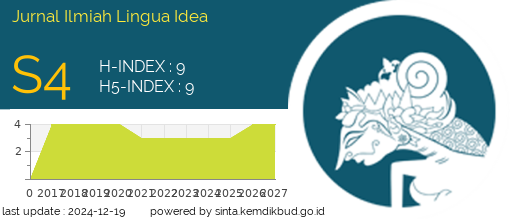


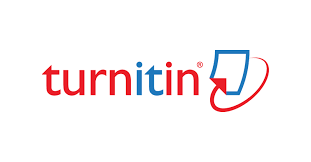














.png)
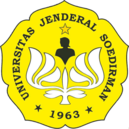
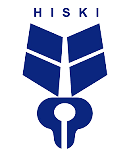
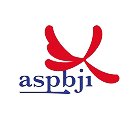
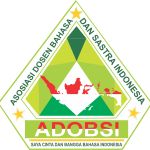
_.png)


